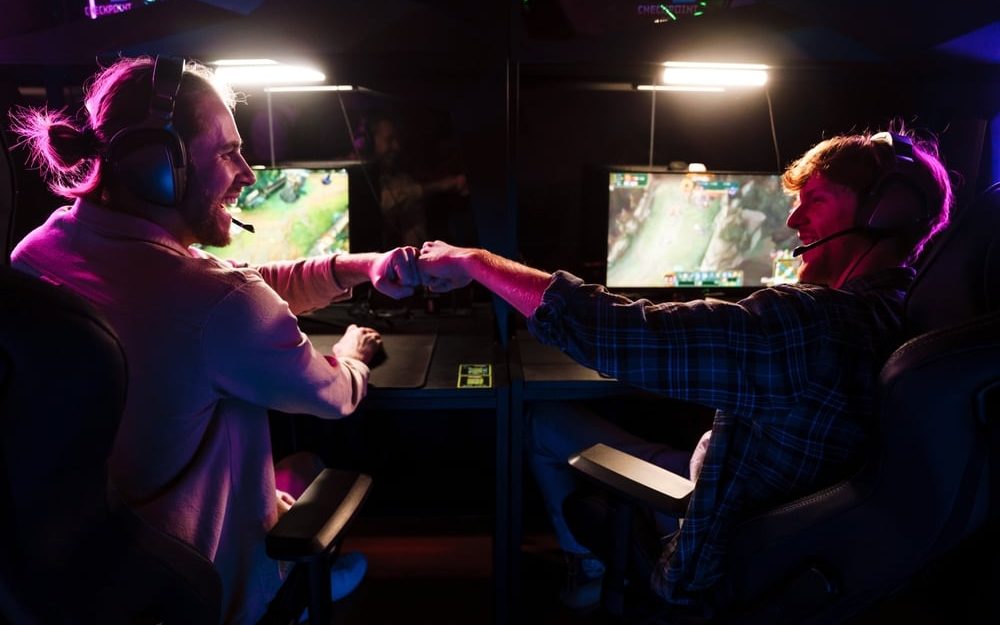
The digital nature of esports provides viewers and fans with fewer ways to create communities and connect to teams and players.
Most top-tier teams do operate some version of a merchandise store and headquarters, but those are mostly based in the team’s home city, such as the Astralis Nexus in Copenhagen, the new MOUZ headquarters in Hamburg, or Team Vitality’s V.Hive, its headquarters in Paris.
Whilst providing physical locations for local fan bases is growing in importance, most of these organisations have many supporters around the world, particularly teams that have rosters in a multitude of regions.
To provide fans with extra value online, which also opens up more revenue streams, an increasing number of organisations have decided to create their own fan engagement platforms, or simply — fan apps. Esports fan apps are a relatively new occurrence and are often connected to some form of Web3 partnership that powers the apps. Teams differ in approach when creating these platforms, with some choosing to focus more on Web3 features such as digital avatars and collectibles, while others focus more on the competitive side. Some of these platforms and apps are free to use and others require a subscription.
In this article, Esports Insider will show which esports organisations have fan platforms and what makes them useful to fans.
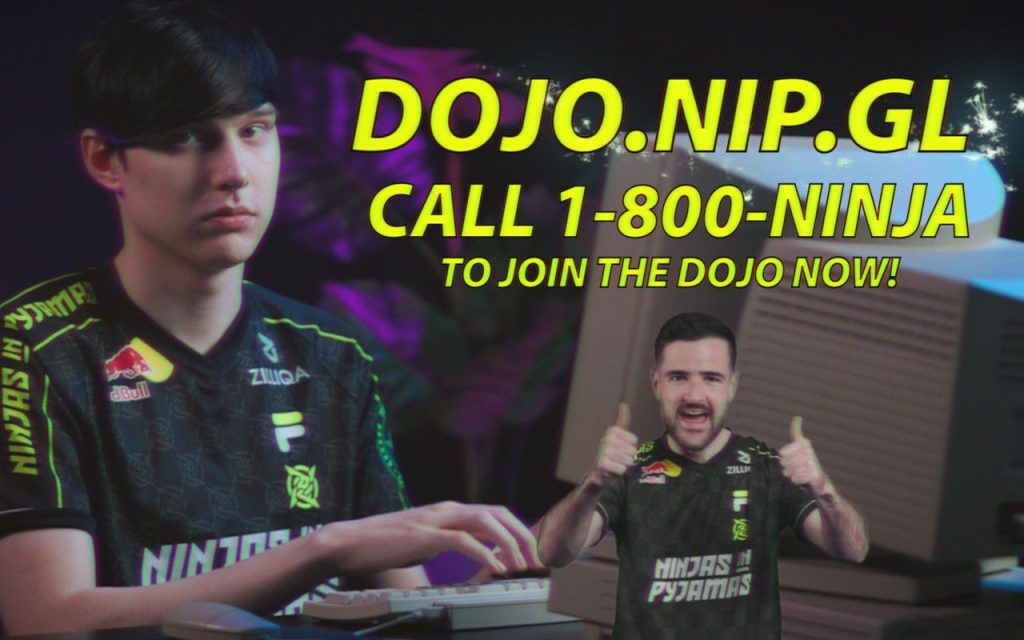
Swedish esports organisation Ninjas in Pyjamas partnered with blockchain companies XBorg and Zilliqa to launch The Dojo, its fan engagement app, in 2024. The app allows users to fulfil quests and earn both digital and physical rewards, such as merchandise, incentives for the NIP shop and customisation items for their avatars. The Dojo is also aimed to provide users with benefits for meet and greets with players, scavenger hunts, tutorials and classes featuring NIP players.
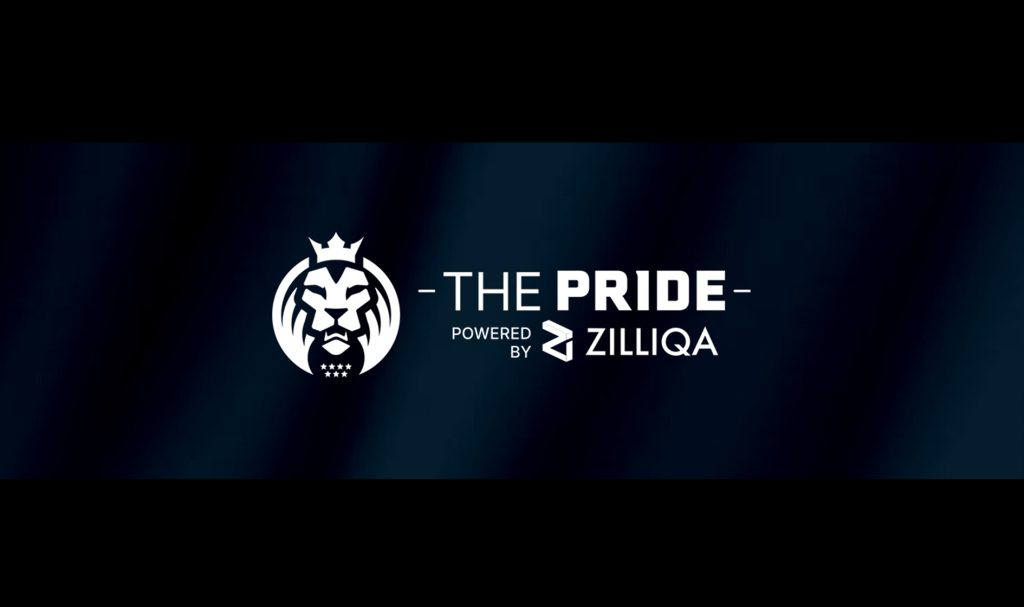
A fan loyalty and engagement platform co-created by Spanish esports organisation MAD Lions and blockchain company Zilliqa in September 2023. The Pride is very similar to The Dojo, due to both being worked on by Zilliqa. Similar to The Dojo, The Pride features integration with the Zilliqa wallet as a way to store digital valuables and provides users with access to app-only rewards and offers. MAD Lions fans can finish quests to receive roars, its in-app currency, which can then be exchanged for physical and digital rewards.
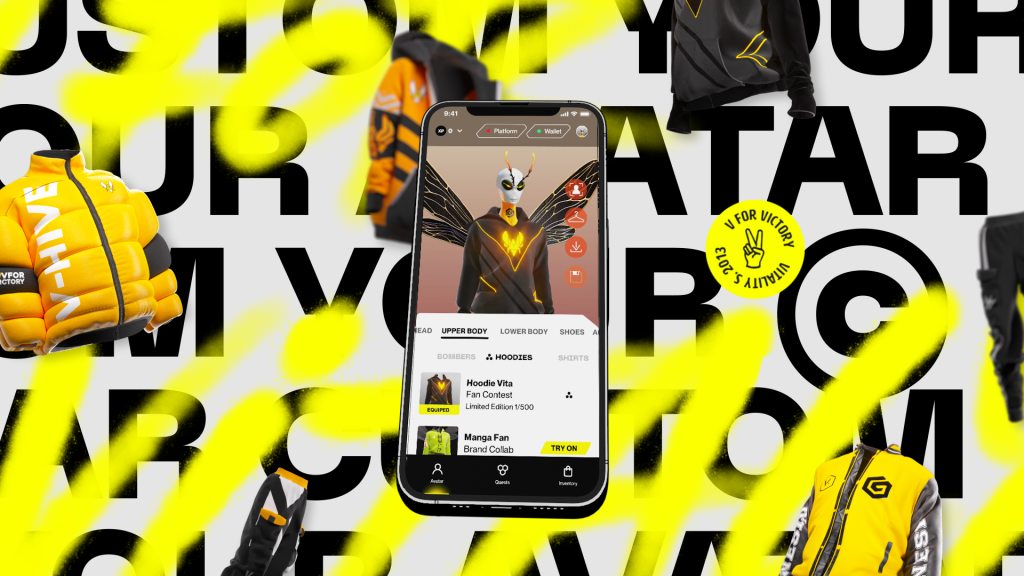
Co-created by Team Vitality and its blockchain partner Tezos in November 2022, the V.Hive is the French organisation’s version of a fan engagement platform. Users can create bee-like avatars in the app and use in-app rewards to customise them. Depending on the level of account a user has, the benefits range from free hours in the V.Play gaming cafe at Team Vitality’s headquarters, discounts in the merchandise store, early access to limited-edition merchandise drops and a range of digital wearables.
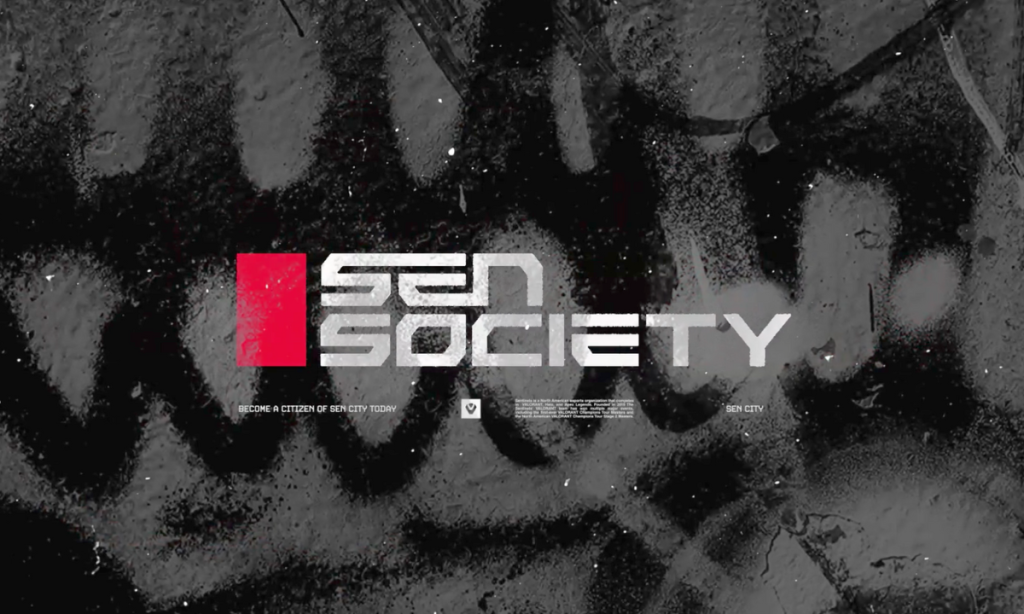
A slightly different version of a fan engagement platform, the SEN Society was launched in May 2023 by North American organisation Sentinels. The platform requires users to pay a monthly subscription to access it and allows fans to access behind-the-scenes footage that is not suitable for social media platforms such as Facebook, X or Instagram. The subscribers also receive a physical ID card when subscribing and can apply for exclusive meet and greets with players. The ID card offers further benefits, such as merchandise discounts for in-person events and sales to card owners.
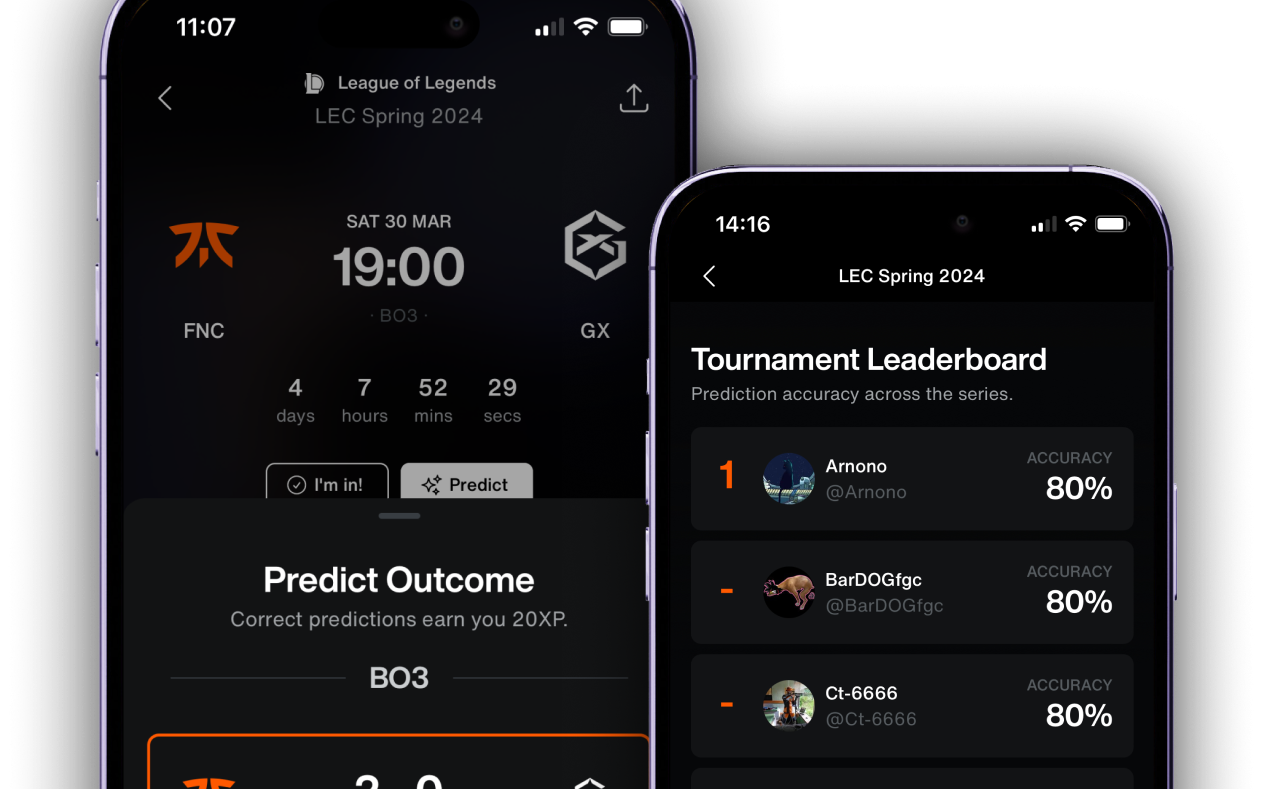
The fan app for esports organisation Fnatic is closer to projects created by football clubs and other sports companies. Focused on results and match data, the app allows users to access detailed post-patch stats and data, see previews of upcoming Fnatic games and other game data. In addition, the app allows for predictions and lets users position themselves on a global leaderboard. The Fnatic app also features voting for MVPs for Fnatic matches and behind-the-scenes content.
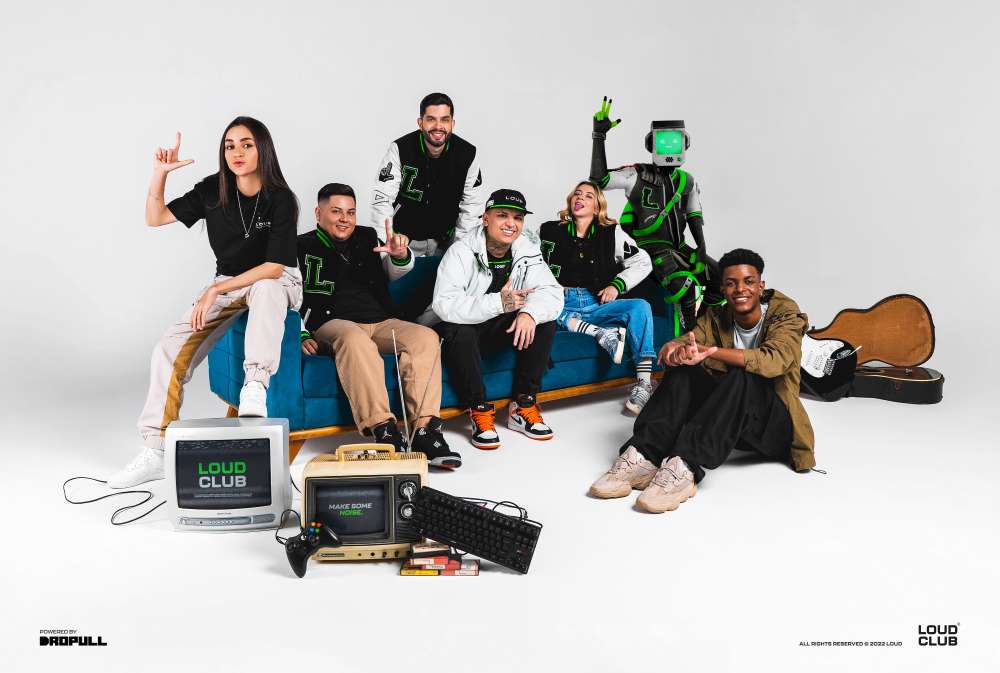
Brazilian esports organisation LOUD created its fan engagement platform, the LOUD Club, in 2022. The company notably announced that there will be more than R$1m (~£180,000) of rewards for users of the app, which is also powered by Web3 technology. Similar to many other platforms, users can be rewarded for completing tasks, such as watching games and following LOUD’s social media. The rewards can then be exchanged for merchandise and other valuables.
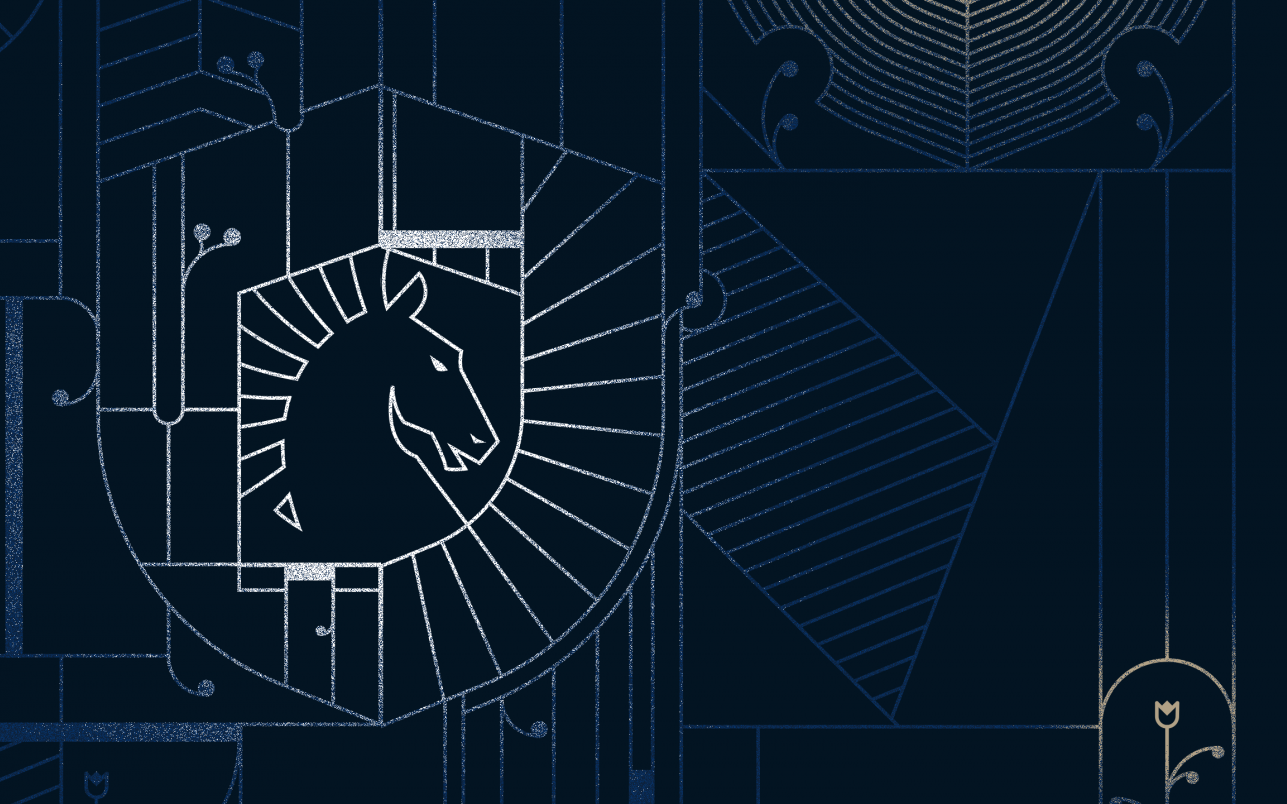
Esports organisation Team Liquid is one of the oldest and most successful in esports, and one of the few that has undergone iterations of its fan engagement app. The fan platform, called Liquid+, initially allowed for score tracking, behind-the-scenes content and earning points that can be redeemed for rewards. The app is set to be upgraded and relaunched in 2024 through a partnership with blockchain companies Xborg and Sui, and will include blockchain-based systems such as digital avatars and digital collectibles.

Similar in idea to Fnatic’s fan app, the G2 app provides users with many of the same features but offers two separate tiers — one free and the other one paid. The paid version, called Premium, allows users access to limited edition merchandise, as well as the ability to vote on new merchandise drops and designs. In addition, points received for watching G2 play are doubled and users can receive free rewards during live events, in addition to discounts on tickets for said events. The app offers more to paying customers, including exclusive content, higher chances of winning raffles and voting on content that is to be created.
This is not a definitive list and the apps are not ranked in any particular order.




